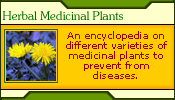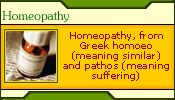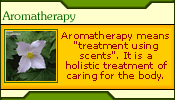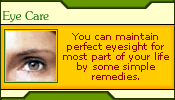|
These days massage isn't just for feeling good anymore. It has
lost the ancient stigma associated with blue light districts. It
is a holistic therapy that reduces the heart rate, lowers blood
pressure, increases blood circulation and lymph flow, relaxes muscles,
improves range of motion, and increases endorphins, the body's natural
painkillers.
Therapeutic massage enhances medical treatment and helps people
feel less anxious and stressed, relaxed yet more alert. It had been
said that, "Massage is to the human body what a tune-up is
for a car."
Fueled by the popularity of the alternative therapies, consumers
are using more and more services of licensed massage therapists:
Consumers spend $2 billion to $4 billion a year on visits to massage
therapists, according to an American Massage Therapy Association
(AMTA) analysis of a study by Beth Israel Deaconess Medical Center
and Harvard Medical School published in the New England Journal
of Medicine in 1993.
Current research shows that people are getting more massages, and
that therapeutic massage is becoming more mainstream, appealing
to everyone from young adults to seniors. People are experiencing
the therapeutic benefits of massage. They are getting massages mostly
to relax, to relieve aches and pains, and to help reduce stress.
A national survey conducted by the State University of New York
at Syracuse found 54 percent of primary care physicians and family
practitioners said they would encourage their patients to pursue
massage therapy as a treatment, and a third of those said they are
willing to refer patients to a massage therapist.
The American Massage Therapy Association's membership has increased
nearly four-fold in the past decade, to more than 28,000.
More and more employers are offering massage during break times
to their employees. They have found that massage therapy isn't just
a perk, but actually increases employee productivity and morale.
For example, according to a 1996 survey of employees who regularly
receive therapeutic massage on-site at Reebok International Ltd.,
98 percent said it helped them reduce work-related stress; 92 percent
said it increased alertness, motivation and productivity; 83 percent
said it had in some cases sufficiently addressed a problem so medical
attention was not necessary; and 66 percent said it had enabled
them to stay at work when they would have otherwise gone home sick.
|













